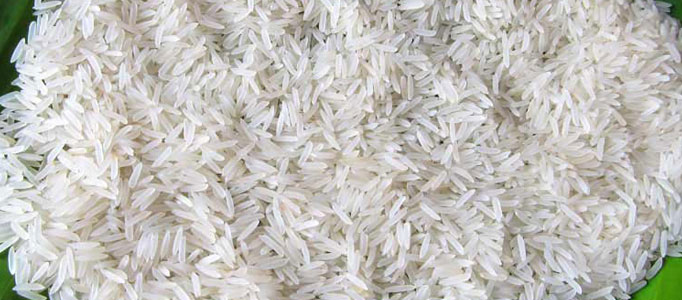Professor Bendapudi Subbarao, an archaeologist of International repute, in his great thesis “Personality of India” famously said geographical regions have their own personalities.
The region gives rise to distinct identities to the people living there with a unique dialect, culture, dress, food etc. Rayalaseema is one such cultural identity and Kurnool district in the region is a sub-identity.
The Sona Masoori rice cultivated in the soil of kurnool district is one such unique entity which is distinct in the entire country. The rice variety popular in Andhra, Telangana, Tamil Nadu and Karnataka is most sought after by the people for its jasmine like whiteness and slenderness , cooking quality and taste. These attributes are result of the conducive atmosphere and soil quality of the district.
The rice is cultivated with water drawn from Kurnool-Cuddapah (now Kadapa) canal. But, unfortunately, the Kurnool Sona Masoori is all set to disappear from the market. According to a report in New Indian Express, the area under cultivation of Sona (Kurnool Sona BPT 5204) is on decline. The crop is cultivated in an extent of 1.70 lakh acres under Kurnool-Cuddapah (KC) Canal during both Kharif and Rabi seasons. But, for the last 10 years, the report says the extent of Sona cultivation has been fast depleting and it has come down to below 60,000 acres due to water scarcity.
The crop is popular among farmers of Nandyal, Allagadda, Srisailam and Nandikotkur Assembly constituencies in Kurnool district. According to A Venkata Subbaiah, a farmer at Nossam village in Uyyalawada mandal, Kurnool district, BPT 5204 variety of rice would face threat of survival if water was not made available to KC Canal and Srisailam Right Branch Back Canal (SRBC) ayacut at the right time.
“Normally, the operations would catch up in the first week of July and transplantation of saplings would be completed before July-end so that the farmers can harvest the crop in November. But, due to insufficient rains, it is being affected severely by Neck Blast Disease every season. Accordingly, the yields are dropping by 60 to 70 per cent over normal yields,” Venkata Subbaiah said.
“We may have to forget the Kurnool Sona Masoori if the situation continues,” warns Kurnool Zilla Saagu Neeti Sadhana Samithi president Bojja Dasaratharami Reddy. Reddy, who has been fighting for water rights of Kurnool farmers, said. “The paddy yields has drastically got reduced due to the neck blast disease, which is resulting to production loss of Rs 1,000 crore per annum,”
